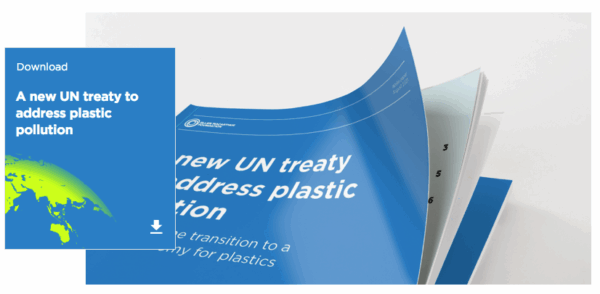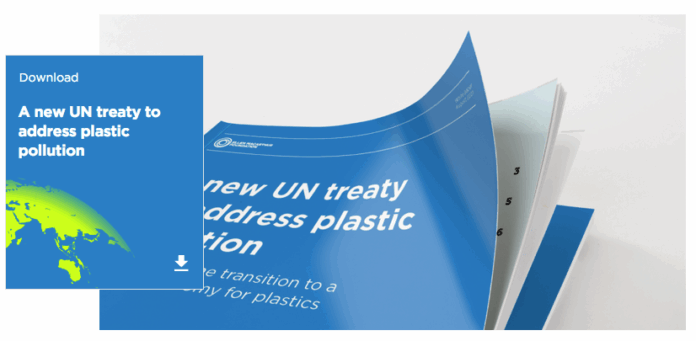The world’s leading nations and environmental advocates are gathering in Geneva this week for what many are calling a “final opportunity” to forge a landmark, legally binding treaty to end the spiraling global plastic crisis. The 10-day meeting marks the resumption of the fifth and final session of the UN’s Intergovernmental Negotiating Committee (INC), with a mandate to finalize an agreement by the end of the year.
The stakes could not be higher. The United Nations warns that without urgent and decisive action, the amount of plastic waste leaking into aquatic ecosystems, currently estimated at between 19 million and 23 million tons annually, could increase by 50% by 2040. Plastic pollution is not only choking our oceans and rivers but is also a direct threat to biodiversity, human health, and the livelihoods of vulnerable communities.
“We are facing a global crisis. Plastic pollution is damaging ecosystems, polluting our oceans and rivers, threatening biodiversity, harming human health, and unfairly impacting the most vulnerable,” said Luis Vayas Valdivieso, the Ecuadorian diplomat chairing the talks. “The urgency is real, the evidence is clear, and the responsibility is on us.”
The central and most contentious issue on the table is whether the treaty will include legally binding limits on plastic production. A powerful coalition of nearly 100 countries, including the European Union and many small island nations, are pushing for an ambitious agreement that would cap production and phase out harmful chemicals. They argue that a focus solely on recycling and waste management is a “politically convenient but environmentally ineffective” approach that fails to address the root of the problem: overproduction.

This push is being met with firm resistance from a bloc of plastic-producing and oil and gas-producing nations, led by countries like Saudi Arabia and Russia. This group, which has stalled previous negotiations, insists the problem lies in “poor waste management” and that there should be no problem with producing plastic as long as the world addresses pollution.
However, the tide may be turning. A growing number of major companies, including Walmart, Coca-Cola, and PepsiCo, have joined the “Business Coalition for a Global Plastics Treaty” and are now advocating for a binding treaty with global rules. They argue that a unified international approach would spare them the logistical and regulatory headaches of navigating differing rules in different countries.
Beyond the production debate, negotiators are tackling a range of other critical issues, including:
- Product Design: The treaty aims to redesign plastic products to be more recyclable and reusable.
- Chemicals: A key focus is to eliminate toxic chemicals and additives used in plastic products.
- Financial Mechanisms: The developing countries, in particular, are calling for a dedicated, standalone multilateral fund to help them transition to a plastic-free future.
- Waste Management: While not the sole focus, the treaty will include provisions to improve waste collection and recycling infrastructure globally.
The negotiations have been a long and arduous process, with sessions in Uruguay, France, Kenya, Canada, and Busan, South Korea. The last session in Busan ended in an impasse, but diplomats are hopeful that behind-the-scenes work has generated new momentum.
For the world, the meeting in Geneva represents a pivotal moment. The medical community has also weighed in, with a recent report in The Lancet medical journal warning that plastic pollution is a “grave, growing and under-recognised danger” to health, costing the world trillions in health-related economic losses.
As delegates from nearly 180 countries pore over the draft text, the pressure is on to deliver a treaty that is not only legally binding but also robust enough to confront a crisis that has left microplastics on the highest mountain peaks and in the deepest ocean trenches. The world is watching to see if diplomacy can succeed where recycling bins have failed.
